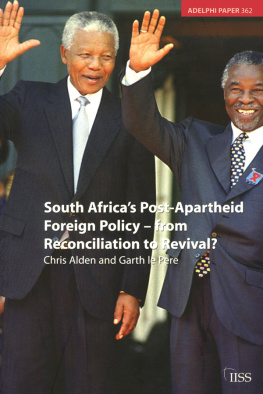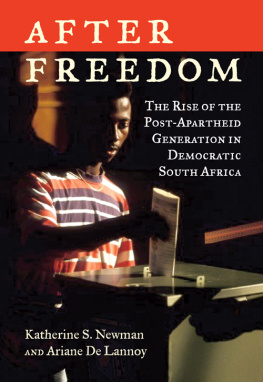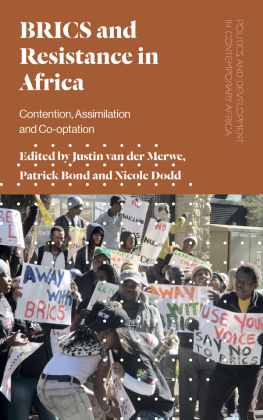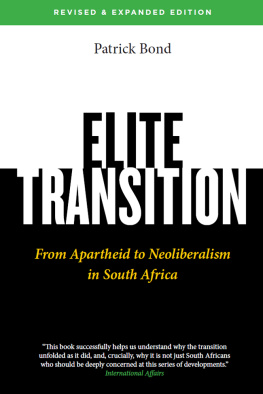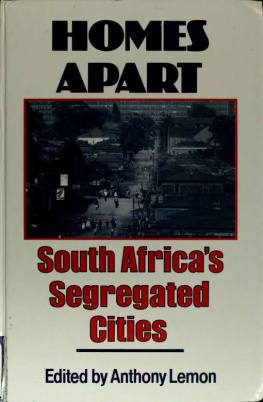Patrick Bond - Elite Transition: From Apartheid to Neoliberalism in South Africa
Here you can read online Patrick Bond - Elite Transition: From Apartheid to Neoliberalism in South Africa full text of the book (entire story) in english for free. Download pdf and epub, get meaning, cover and reviews about this ebook. year: 2014, publisher: Pluto Press, genre: Politics. Description of the work, (preface) as well as reviews are available. Best literature library LitArk.com created for fans of good reading and offers a wide selection of genres:
Romance novel
Science fiction
Adventure
Detective
Science
History
Home and family
Prose
Art
Politics
Computer
Non-fiction
Religion
Business
Children
Humor
Choose a favorite category and find really read worthwhile books. Enjoy immersion in the world of imagination, feel the emotions of the characters or learn something new for yourself, make an fascinating discovery.

- Book:Elite Transition: From Apartheid to Neoliberalism in South Africa
- Author:
- Publisher:Pluto Press
- Genre:
- Year:2014
- Rating:4 / 5
- Favourites:Add to favourites
- Your mark:
Elite Transition: From Apartheid to Neoliberalism in South Africa: summary, description and annotation
We offer to read an annotation, description, summary or preface (depends on what the author of the book "Elite Transition: From Apartheid to Neoliberalism in South Africa" wrote himself). If you haven't found the necessary information about the book — write in the comments, we will try to find it.
This edition includes new analysis looking at the 2004 election and the crisis which shook the country following the massacre of miners at Marikana in 2012. Bond also asses the historiography of the transition written since 2000 from nationalist, liberal and radical perspectives, and replies to critics of his work, both from liberal and nationalist perspectives.
The provocative and though-provoking final chapter, From Racial to Class Apartheid, is a compelling conclusion to this essential text on post-Apartheid South Africa, which will be vital reading for all who study or have an interest in this part of the continent, and in social change more widely.
Patrick Bond: author's other books
Who wrote Elite Transition: From Apartheid to Neoliberalism in South Africa? Find out the surname, the name of the author of the book and a list of all author's works by series.



